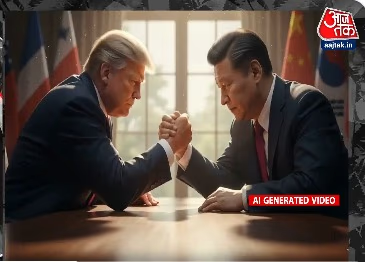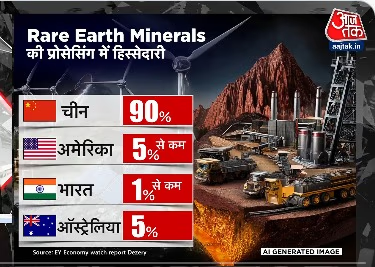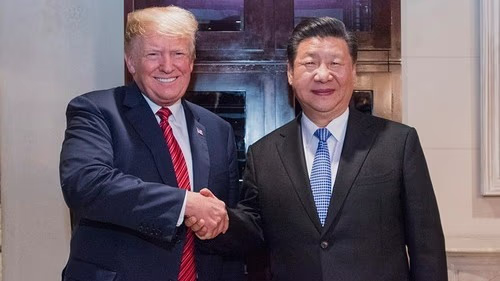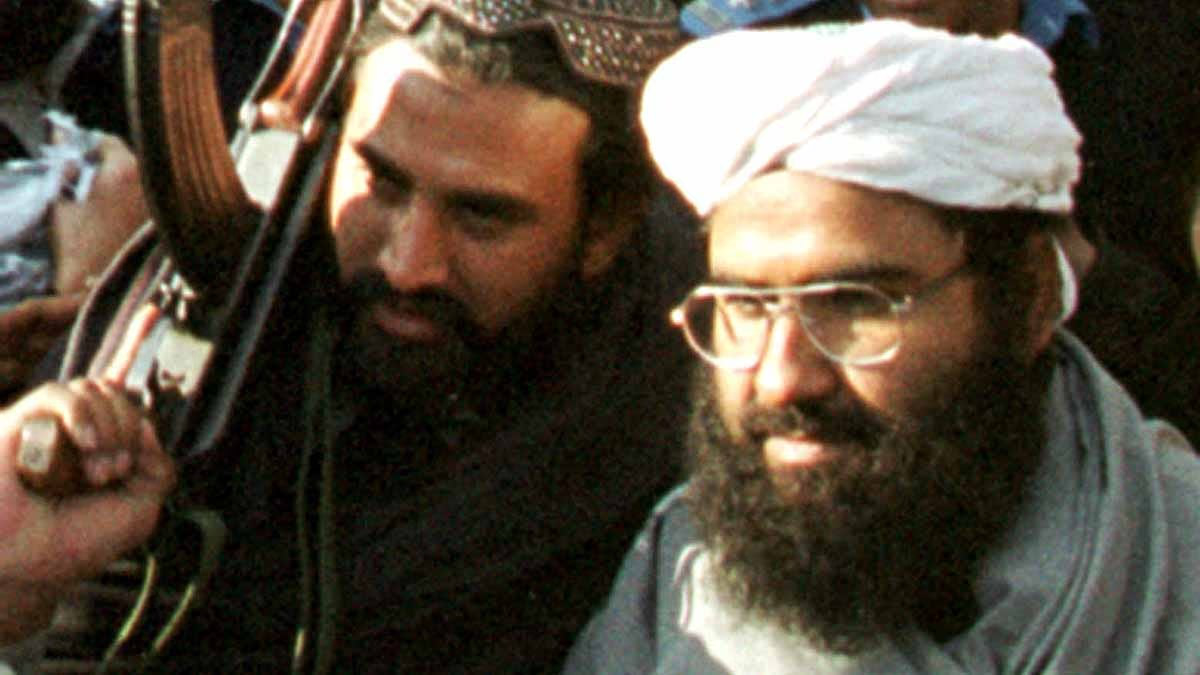The wait is finally about to end. U.S. President Donald Trump and Chinese President Xi Jinping are set to meet on October 30 in Busan, South Korea. This significant meeting on the sidelines of the APEC Summit will be watched by the entire world.
The U.S. and China are the two largest economies globally, and the world is aware of their intense rivalry. On one side, China aims to become the world's greatest power by overtaking the U.S., while the U.S. fights to maintain its existing influence. This meeting emerges against this backdrop of tension. A few decades ago, the world map was dominated by two superpowers: the United States and the Soviet Union.
Back then, most countries were divided between these superpowers, creating a Bipolar World where other nations had limited influence, and the U.S. reigned as a superpower. However, today's Multipolar World has transformed global politics, significantly influenced by countries like China, aiming to establish dominance over others, using this meeting as an opportunity to further its interests.
This meeting isn't just about what agreements or understandings may be reached; it's about determining which nation will yield or appear weaker before the other. Interestingly, before this meeting, North Korea's Supreme Leader, Kim Jong-un, a close ally of Xi Jinping and a staunch adversary of the U.S., intends to send a special message to President Trump.

Source: aajtak
During this meeting in South Korea, one of the primary issues may be Rare Earth Minerals. Currently, the critical question is whether conflicts akin to historical oil-related wars might arise over these minerals.
Just three decades ago, the U.S. and Western developed nations dismissed Rare Earth Minerals as insignificant, due to the costly and polluting extraction process. These countries assumed that poorer, developing nations would handle this heavy lifting, while they could comfortably import these minerals. However, the times changed, and Rare Earth Minerals became even more crucial than oil. China capitalized on this while Western nations disregarded it as minor. China invested massively in their production.
China not only carried out extensive mining of these minerals but also emerged as the global leader in processing them. Understanding early on that while any nation could mine these minerals, refining and utilizing them was not something every country knew how to do, China cleverly positioned itself as indispensable in this field.

Source: aajtak
Today, China accounts for 70% of the world's Rare Earth Mineral mining and astonishes with 90% control over their processing and export globally.
Japan depends on China for 60% of its Rare Earth Mineral needs, while the U.S. is reliant on China for 70% of its minerals. Although the U.S. produces 14% of these globally, it cannot refine them domestically and must seek China's assistance.
Historically, over 180 wars and military conflicts have been waged over oil — as it was critical to every nation. Today, Rare Earth Minerals are just as essential, and with China controlling 90% of the market, President Trump’s meeting with President Xi Jinping in South Korea becomes even more consequential.




